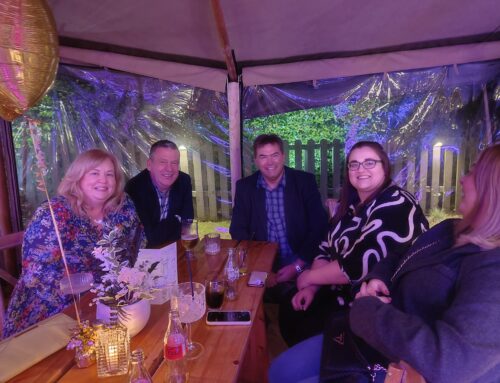Background
A court judgment is a finding for a party without a full trial of the issues and hearing of evidence. It’s given on the basis that the claim, defence, or issue has no real prospect of success and there is no other compelling reason why the matter should be disposed of at trial. A summary judgment may dispose of the case as a whole or be confined to a particular issue.
The procedure for summary judgment is set out in CPR 24.
The Law
Summary Judgment is one of the highest civil thresholds and is dealt with by CPR 24.2 which provides as follows:
“The Court may give summary judgment against a claimant or defendant on the whole of a claim or on a particular issue if:
(a) it considers that –
(i) that claimant has no real prospect of succeeding on the claim or issue; or
(ii) that Defendant has no real prospect of successfully defending the claim or issue; and
(b) there is no other compelling reason why the case or issue should be disposed of at a trial”.
The Process
When considering whether to seek summary judgment, the following principles apply:
- A summary judgment hearing is not the appropriate forum to resolve complex disputes of law or fact – it is only suitable for clear and obvious cases.
- In applying the summary judgment test, the court must consider whether the claimant or defendant has a realistic prospect of success. In this context, ‘realistic’ means ‘with some degree of conviction’ or ‘more than merely arguable’.
- On a summary judgment application, the court must not conduct a ‘mini-trial’ without the benefit of disclosure and cross-examination of evidence, but it must undertake some investigation and analysis of the law and evidence before it, to reach a proper conclusion.
- Where the court is satisfied that it has the necessary law and evidence to reach a conclusion – it should do so. Where a party’s case is wrong in law, the sooner it is stopped, the better.
- Where there is credible contemporaneous material that contradicts a party’s evidence or assertion, a judge may give summary judgment on the basis that the evidence or assertion is not to be believed. However, the judge must explain and justify, with reference to the contemporaneous material, that decision.
- The need for further investigation to be carried out can constitute a ‘compelling’ reason for the matter to be heard at trial. Another ‘compelling reason’ might be where legal authority relied upon in a summary judgment hearing is actually the subject of an appeal. Where there are serious allegations, such as fraud, dishonesty, or bad faith, that of itself is not necessarily a ‘compelling’ reason to hold a full trial, but it might be depending on the facts of the particular case.
- CPR Practice Direction 24 clarifies that, on a summary judgment application, the court may:
- give judgment on the claim for either party;
- it may strike out or dismiss the claim;
- it may dismiss the summary judgment application itself;
- or it may make a conditional order.
A conditional order can involve either party making a payment into court or giving security for costs, or it can require a party to take a specific step, failing which that party’s case will be dismissed or struck out. Conditional orders may be made where it is possible but unlikely that a case will succeed and so the CPR 24.2 test is met, but only just.
How Beeston Shenton Can Help
We have a wealth of knowledge and expertise in debt recovery steps to aid your business.
We provide a considered approach to speed up debt recovery collections whilst minimising customer conflict and reducing the risk to your business.
Our service is tailored to match the individual needs of your business and pride ourselves in offering bespoke, cost-effective solutions to your debt recovery needs – from simply chasing late payers to legal proceedings including all county court and insolvency processes.
We are totally dedicated to helping our clients improve cash flow and increase the profitability of their businesses and we use the latest in Debt Recovery software enabling us to process both pre-legal and legal collections promptly and efficiently.
About the author
Iain Bould
Iain Bould is the head of our Commercial Litigation department.
Iain has over 28 years of experience in Commercial Debt Recovery having worked in both Private Practice and Industry and brings a pragmatic and commercial approach to recovering debts. With extensive experience working across all industry sectors, Iain has particular expertise in working with Insolvency Practitioners in advising and recovering outstanding insolvent company ledgers.
If you need any advice or further information please contact Iain at iain.bould@beestonshenton.co.uk




